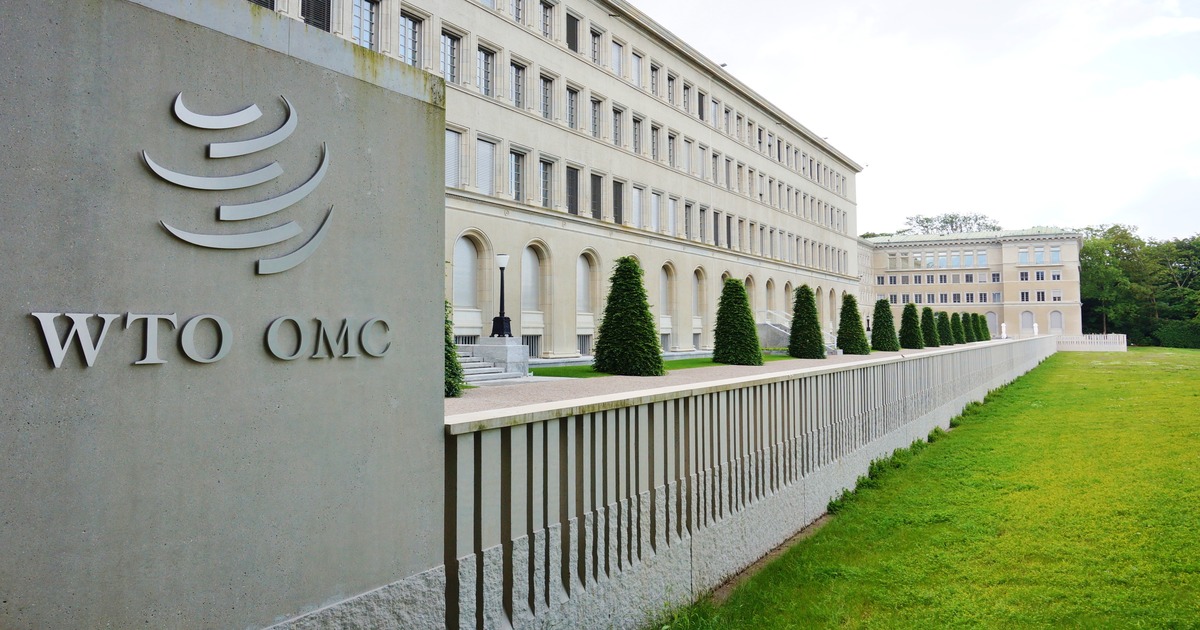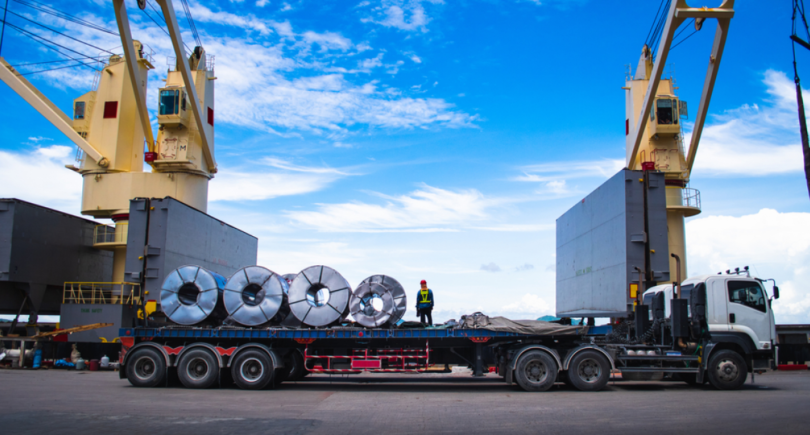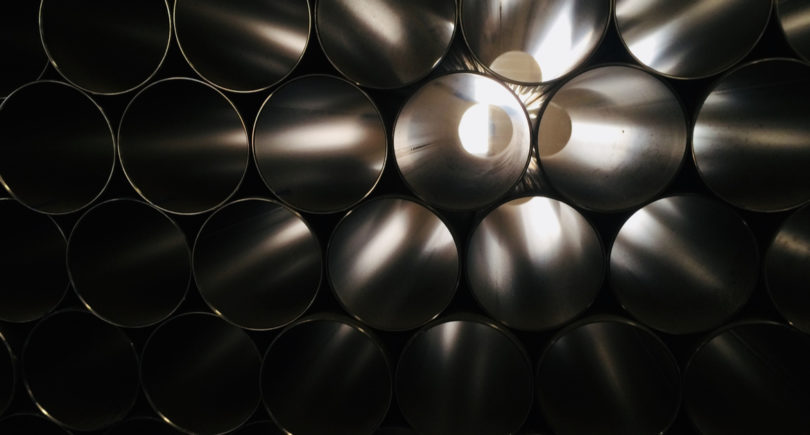
News Global Market WTO 1654 02 May 2022
European Commission will implement WTO’s ruling after its official adoption by the organization
The World Trade Organization (WTO) accepted some of Turkey’s complaints against European Union measures on steel imports restrictions and advised to bring them into line with global trading rules, Reuters reported.
In July 2018, the EU introduced protective measures, in the form of tariff-rate quotas. They allow various grades of steel to come into the bloc free of tariffs up to certain quotas, but any further imports face 25% tariffs.
The safeguard were due to last three years up to the end of June 2021 with quota limits increasing 5% each year, but Turkey complained that the increases were less than 5% each year. The measures have also been extended until 2024.
The European Commission said the verdict was satisfactory generally, since the most important issues were resolved in its favour, and the WTO panel had confirmed protective measures could be used to protect European industry.
The European Commission acknowledged that the decision was made in favor of Turkey on three points, and said it would implement the ruling after its official adoption by the WTO.
According to WTO rules, members are allowed to impose safeguards if, for example, imports have risen to the point where they are damaging domestic industry and that this should be the result of “unforeseen developments”.
The three-member WTO commission agreed with Turkey’s view that the European Commission had failed to show that steel imports rose because of unforeseen developments and that the EU industry was threatened with serious injury.
However, the WTO rejected or declined to consider other Turkish claims.
Earlier GMK Center reported, that in the fall of 2020, Turkey announced its intention to appeal against the EU steel import quotas. Turkey considered the EU’s protective measures “inconsistent with WTO rules” because they are not sufficiently substantiated.
Since July 2020, the European Union has tightened the mechanism for quotas on steel imports. In particular, country quotas began to be distributed on a quarterly rather than annual basis.




